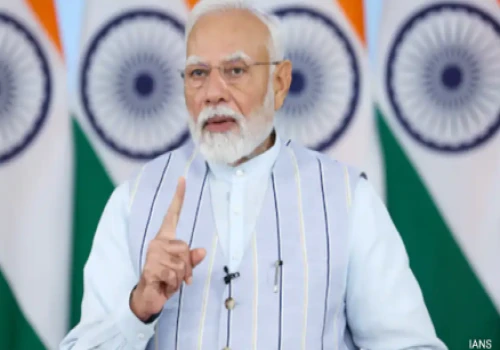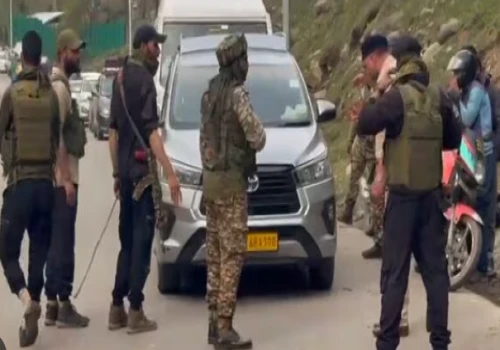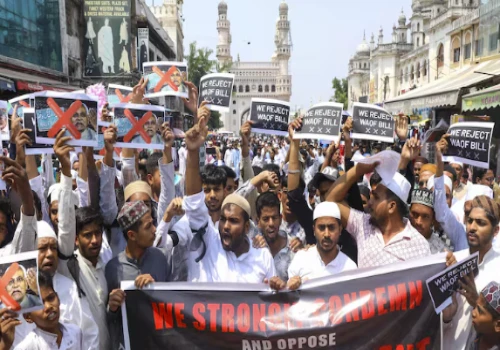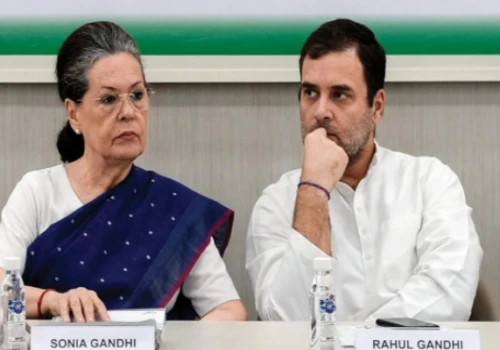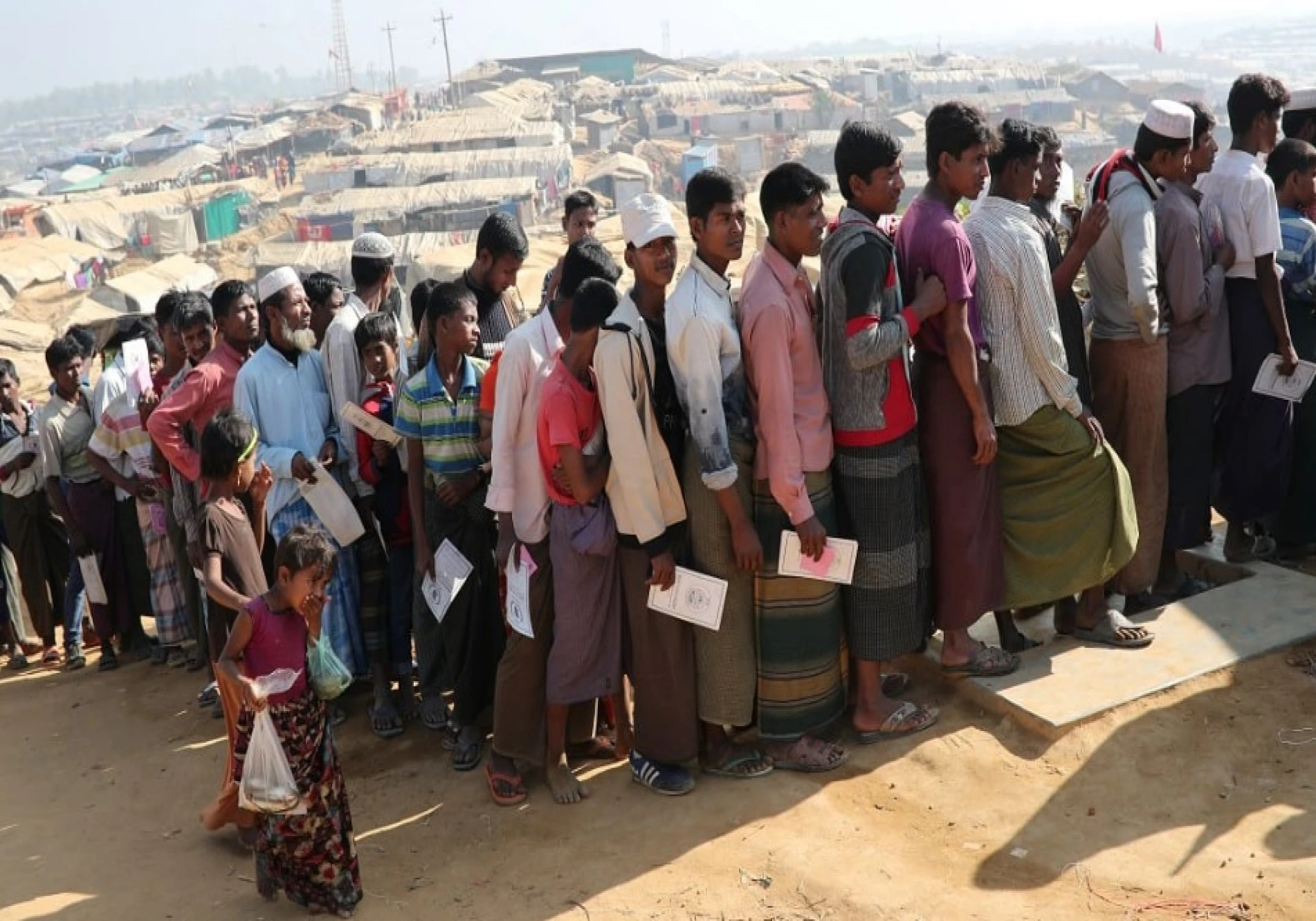
Despite India providing refuge to approximately 20 million undocumented individuals from neighboring nations such as Pakistan, Nepal, Tibet, Sri Lanka, Myanmar, and Bangladesh, the Union government in New Delhi has consistently adopted a hostile stance toward illegal migrants (designated as infiltrators, asylum seekers, or refugees) from Pakistan since the era of independence. Recently, both the government and citizens of the South Asian nation have adopted a unified stance against Bangladeshi nationals and Rohingya individuals from western Myanmar, portraying them as security threats and catalysts for demographic shifts and social upheaval. A significant transformation occurred shortly after the Pahalgam terror incident in the Kashmir Valley, where 26 innocent civilians were ruthlessly murdered by Islamists allegedly supported by the Pakistani government in Islamabad.
Shortly following the Pahalgam tragedy on April 22, a significant surge of popular indignation erupted throughout India, calling for a robust response against Pakistan. It ensued from an intensification of armed hostilities between the two neighboring countries, prompting New Delhi to initiate Operation Sindoor, aimed at targeting terrorist sanctuaries within Pakistan-occupied Kashmir and mainland Pakistan. A bilateral agreement for the cessation of military conflicts was ratified on 10 May; nonetheless, significant animosity against the adversary nation persists among the majority of Indians. The Supreme Court strongly criticized the administration for the prolonged duration of deporting unlawful migrants. The Supreme Court recently denied a petition to halt the deportation procedure concerning Rohingya Muslim immigration. The court declined to consider a petition on the purported dumping of 38 Rohingya individuals in the Andaman Sea near the Myanmar coast, describing it as a 'very beautifully created tale.'
The specific petition asserted that New Delhi expelled the Rohingyas despite their possession of identity cards issued by the United Nations High Commissioner for Refugees (UNHCR). They were allegedly transported to Sri Vijaya Puram (formerly Port Blair), the headquarters of the Andaman and Nicobar Islands in the Bay of Bengal, from Delhi in the first week of May and subsequently abandoned aboard a ship equipped with life jackets off the coast of Myanmar, with guarantees of imminent rescue. The civil society organization People’s Union for Civil Liberties (PUCL) decried the purported deportation of Rohingyas, characterizing it as harsh and unlawful according to both domestic and international standards.
The newly identified Rohingya issue compels New Delhi and other state governments to implement tangible measures against individuals either unlawfully entering India or remaining beyond the expiration of their visas. Approximately 40,000 Rohingyas reside in Telangana, Rajasthan, Uttar Pradesh, Punjab, Haryana, Delhi, Jammu & Kashmir, among other regions. The Muslim inhabitants of Rakhine (Arakan) province in Myanmar saw severe military crackdowns in 2016 and 2017, resulting in the exodus of over 700,000 Rohingyas to neighboring Bangladesh. Their return became difficult after the military coup in February 2021 and the ensuing armed confrontations between the Myanmar military government and ethnic armed groups, including the Arakan Army.
The Border Guards Bangladesh (BGB) asserted that India had dispatched more than 2000 personnel into Bangladesh since May 1 without formal notification. The Director General of BGB, Ashrafuzzaman Siddiqui, asserted that numerous Bengali-speaking Indian Muslims were also infiltrated across the borders of West Bengal, Assam, and Tripura. Political officials, security professionals, and the general populace voiced significant apprehension regarding the cases of forcibly expelling individuals across land boundaries, deeming the practice both illogical and unlawful. They challenged the repatriation of Rohingyas to Bangladesh, claiming they are not citizens of that nation but of Myanmar. BGB officials apprehended a minimum of five Rohingya refugees registered by the United Nations High Commissioner for Refugees (UNHCR), who were coerced by Indian agents.
Dhaka clarified that it would accept individuals solely after their confirmation as Bangladeshi citizens and their repatriation through appropriate routes. The Bangladeshis called for an end to the practice, deeming it a challenge to their sovereignty, despite the fact that the Rohingyas entered India from their land.
On 23 May, the UNHCR released a media statement from Geneva, expressing worry on two reported maritime disasters that resulted in the deaths of over 400 Rohingya refugees off the coast of Myanmar. The UN refugee agency reported that approximately 514 Rohingyas embarked on two distinct vessels, with one vessel accommodating about 267 individuals. More than half likely exited from Rohingya refugee camps in Cox’s Bazar, southern Bangladesh, while the remainder departed from Rakhine region, Myanmar. The vessel capsized on May 9, resulting in only 66 survivors. On 10 May, another vessel transporting 247 Rohingyas, sourced from both Cox’s Bazar camp and Rakhine regions, crashed, resulting in only 21 survivors.
“The critical humanitarian crisis, intensified by funding reductions, is profoundly affecting the Rohingya population, prompting an increasing number to undertake perilous journeys in search of safety, protection, and a dignified existence for themselves and their families,” stated Hai Kyung Jun, regional director of UNHCR, emphasizing that the ‘recent tragedy serves as a stark reminder that access to substantial protection, particularly in countries of first asylum, along with shared responsibilities and collaborative efforts along maritime routes, is vital for preserving lives.
UNHCR urged the international community to express solidarity with the nations in the region accommodating Rohingya refugees. Until the circumstances in Rakhine are peaceful and favorable for the safe and voluntary repatriation, the international community must persist in supporting initiatives that deliver life-saving aid to Rohingya refugees. The UN organization allegedly necessitates $383.1 million in 2025 to stabilize the lives of refugees and their host communities in Bangladesh, India, Indonesia, Malaysia, and Thailand, and internally displaced individuals in Myanmar. To date, barely 30 percent of this sum has been received, it stated.


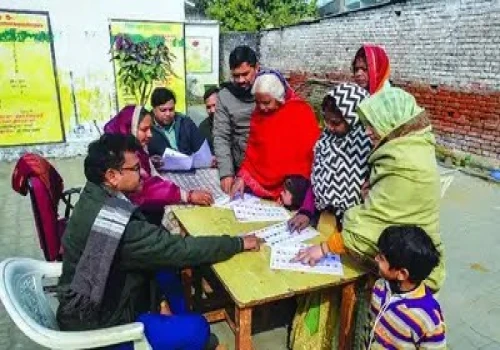


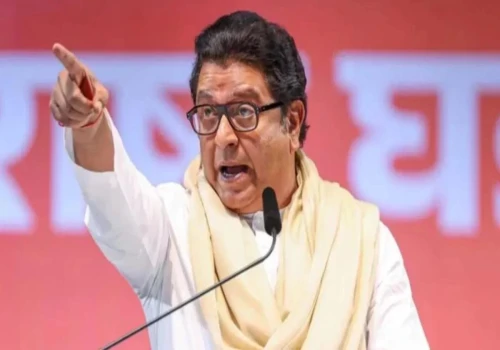

_500_x_350.webp)
